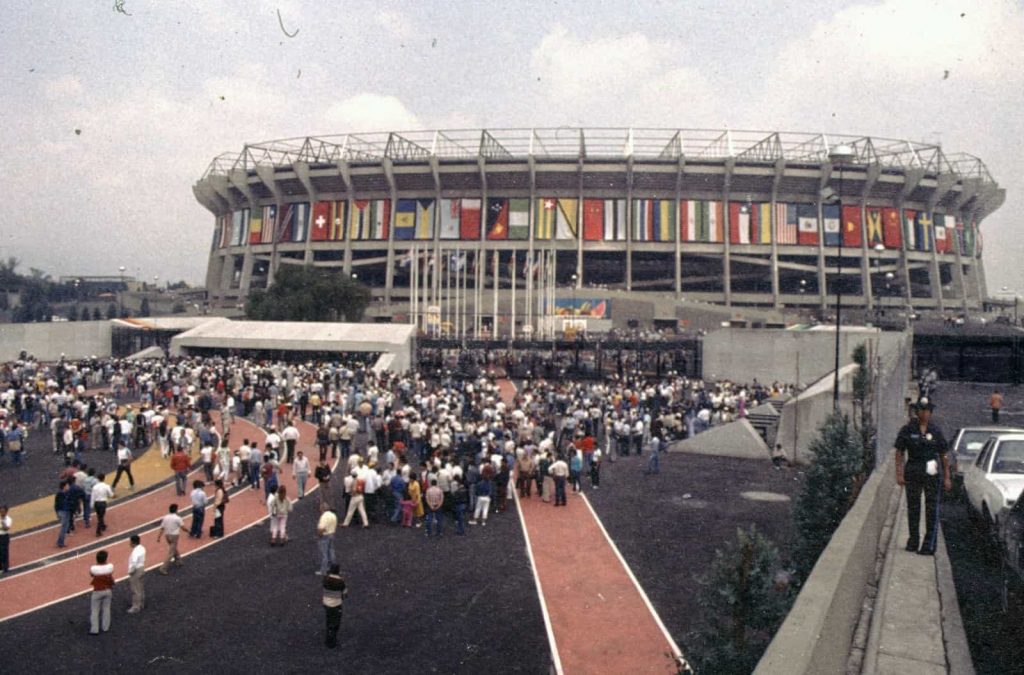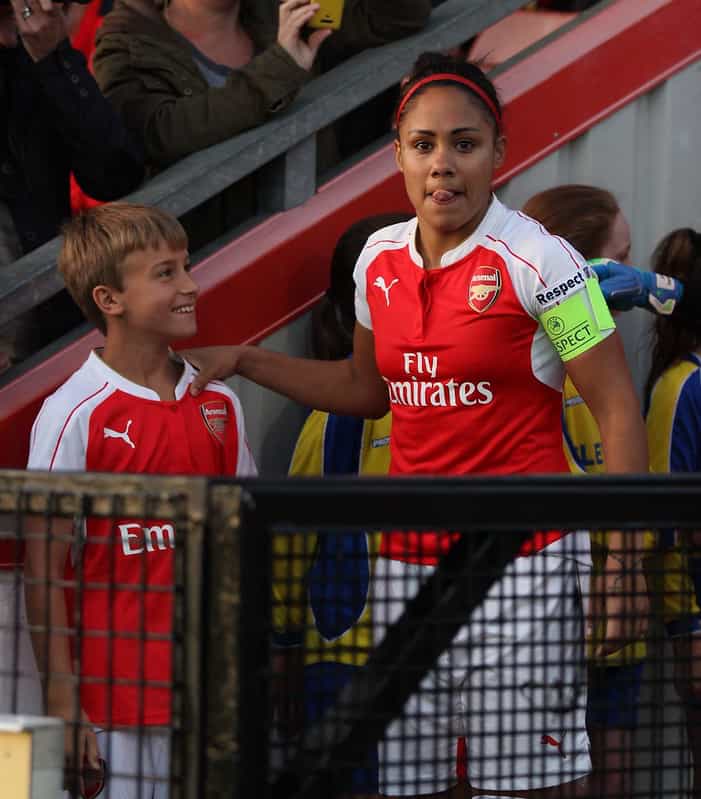Ask any British woman about sexism, and she’ll likely tell you a story of her experience, ask any British woman that played football, and she’ll probably tell you five.
It is undeniable that football has a problem with sexism, which is why the Lioness’ (English Women’s football team) victory on Sunday 31st July 2022 at the Women’s European Championship means so much. I am a 23-year-old English woman who grew up playing football, and I had never even thought to dream that I might watch the England Women’s team win whilst 17.4 million people tuned in to watch. Very few did; it simply seemed impossible.
Last year at the Men’s Euros, female spectators were often pushed to the side of the game and made to feel that they did not belong. HHH Leeds football abuse story and quote HHH. Football is the national sport and past-time, to cut women out of it, is to bar women from participating in the culture of their country – the excitement of the beautiful game. The tension in England was palpable when it seemed like we might just beat Italy in the final of the European Championship to lift that trophy again as we did in 1966. But it was not to be, and the country stopped holding its breath to lick its wounds. Little did we know what was to come. This country is not accustomed to turning its attention to the Women’s game, paying much attention to women’s football. That has changed. The Lionesses have roared so loud that the country has been forced to listen.
If you track the history of women’s sports in England, it is not difficult to understand the root of this prejudice. Women were banned from partaking in the game last time England lifted a major football trophy. During World War I, and with men away fighting, women’s football grew quickly and indeed. In 1920, one match drew a crowd of 53,000 to the stadium, with a further 14,000 waiting outside. And yet just one year later, the Football Association banned women from using their grounds to host matches and prevented women from playing the game, deeming it ‘unsuitable for women’. The FA eventually lifted the ban in 1971, but by then, public opinion had been set; football was not for women.

After 1971 women began to play, but there was very little investment, and even the best national players had to cover fees. Whilst men were earning millions, with their faces plastered on the walls of little kids up and down the country, women were forgotten. In 1968 Italy established its first national women’s football league; such privilege would not come for British women until 1991. The women’s game only became fully professional 5 years ago in 2017.
Less than a decade ago, I was fortunate to meet Alex Scott, arguably the best female player of her time, playing in undoubtedly the most decorated team in the women’s league: Arsenal. And yet, she told us that she was one of the only players in the squad who did not have a second job. At the same time, Theo Walcott raked nearly 6 million in salary alone from Arsenal. What that told us, as young girls entering the sport, was that women’s football didn’t matter to England; it was a hobby. No girl was expected to be half as good as the boys. But she also told us that she was fighting for the sport to be recognised, that the quality was there and that one day, things would change.
After the European finals, she spoke with a very different tone. She told her audience, having earned a highly-paid and coveted position as a BBC Sports Correspondent, that in 2018 many men’s clubs refused to allow their stadiums to host national women’s games. Reminding these teams to take a hard look at themselves, she told the nation that times had changed- she was done begging corporate sponsors to invest in the game. ‘If you’re not involved, you’ve missed the boat, you’ve missed the train. The train has left the station, and it is gathering speed. You weren’t brave enough to see the vision.’

This recent victory is about much more than winning a football game. It is the struggle of women to be accepted into sports arenas, to be given a seat at the table, let alone equal influence. When the Lionesses lifted that trophy, it was much more than the current team lifting it; from the women who never had careers because the FA chose to take their chances away with a sexist ban to those who were forced to pay to play despite being world-class players. It was lifted by little girls who never even thought to dream that one day they might be national heroes for playing the game they loved and by those who now have the chance to.
Some say that you cannot be what you cannot see. To those, I say go and speak to Alex Scott and the other pioneers of this game. It takes extreme mental fortitude to build the world you’d like to live in, on and off the pitch. The game faces many challenges, sexist abuse targeted at all players, from little girls trying to play in primary school to the top international players, is abhorrent yet widespread. Much of that abuse has a homophobic undertone. There are not enough grass-root teams, and those existing are overwhelmingly in white, middle classed areas. And yet now, let’s take a moment to soak in the joy of what inspirational, forward-thinking women have created. A victory built in a century, it seems fitting that 100 years after the FA’s ban, women have prevailed and done what the men could not; brought football home to England.
With immense pride but very little surprise, I say this; the women’s European final pulled the largest in-stadium crowd of any European game – male or female. Women’s football is here to stay: get on board or get out of our way.




















